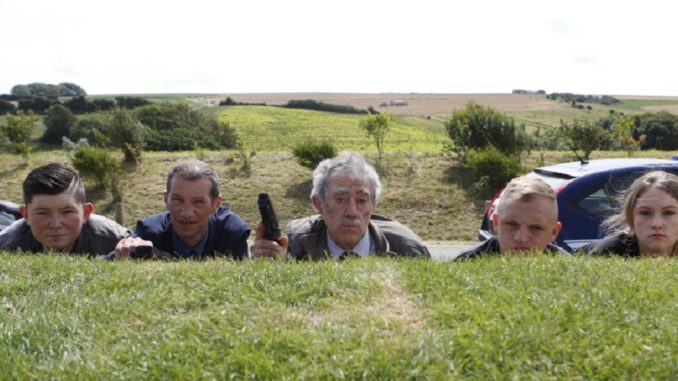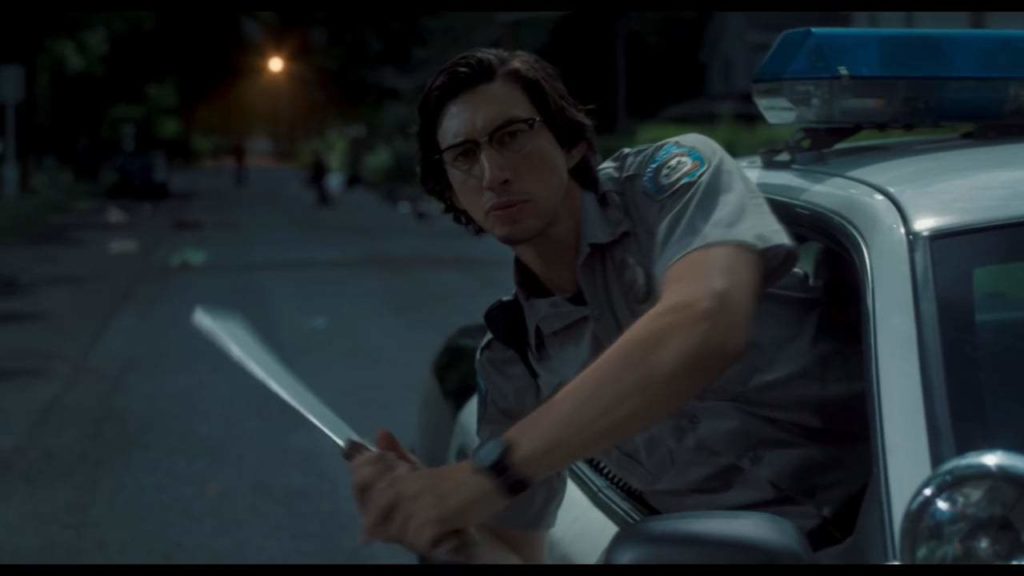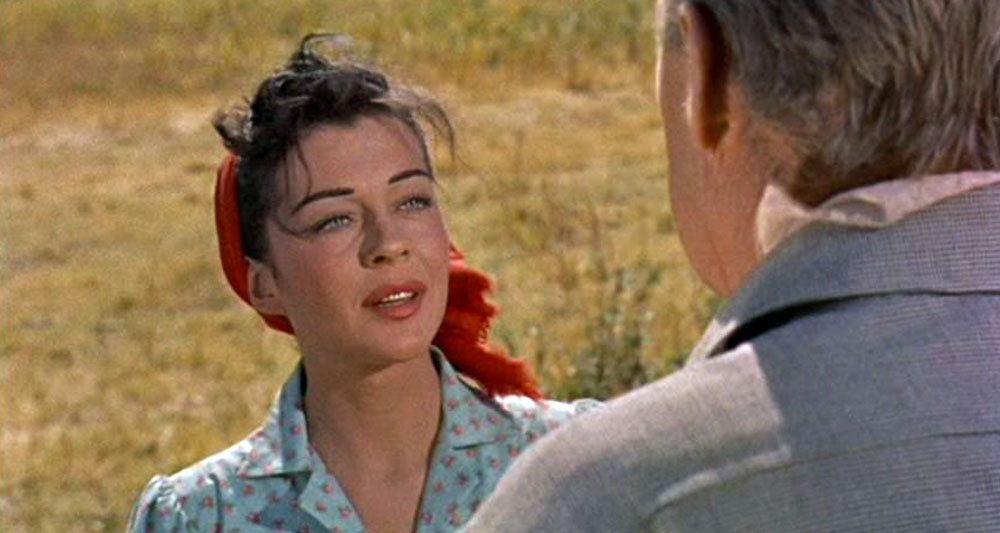
In these many weeks of sheltering in place, with movie-going and -viewing being a matter of streaming in place, I’ve found that while “the movies” in general matter a good deal less to me, the films that do matter to me—be they classics or recent releases—seem to matter a great deal more. The heightened intensities of the historical moment pretty much guarantee that with movies, as with so much else, what we see or what we think we see is getting refocused, sharpened, even reshaped.
One evening early in the lockdown, for example, I was having trouble finding a film I wanted to watch right then, even though I had a wealth of options—DVD, streaming, cable TV—right in front of me. Eventually, I made a snap decision to watch an old favorite, Budd Boetticher’s Seven Men From Now, on one of the Western channels. It’s a film I’ve seen many times and always liked, but this time it somehow seemed better than ever: thoroughly engaging and charged, somewhat surprisingly, with a timeless immediacy.
What surprised me most, at least at first, was that this finely wrought 1956 Western in a distinctly classical mode should somehow also feel so aptly contemporary. Part of what I was feeling, I think, was a matter of a fresh encounter with the kind of artistry that is both timely and timeless—an escape into another world perhaps, but also a place in which compelling dramas of defining human experience beckon to us. The multiple crises of our moment are not in any direct way the subject of this film, but I think those crises had me more primed, more receptive than usual, for what is most urgent and valuable in that film’s characters and drama.

Since then, I’ve felt similar tremors and recognitions with a number of contemporary films, some in retrospect and some on first look (and all available via on demand or at least one of streaming services—Amazon Prime, Apple TV, YouTube or Google Play).
Jim Jarmusch’s semi-allegorical zombie movie, The Dead Don’t Die, is among other things a grim-humored take on moral and social paralysis in everyday American life. The belated and plainly futile heroism of its protagonists, two small-town policemen played by Bill Murray and Adam Driver, comes across as an act of resistance that is doomed but still absolutely necessary.
Jojo Rabbit, Taika Waitiiti’s queasily comical satire on Nazism, posits a young boy in World War II Germany whose mind is infiltrated by a cartoonish semblance of Adolph Hitler. The film’s humor and satire are both convoluted and simplistic, but its little gallery of characters plagued by mindsets that keep them from recognizing basic realities and elemental truths is something that resonates with current events in America as much as with World War II Europe.
Bruno Dumont’s Coincoin and the Extra-Humans, from France, mixes sci-fi spoof, social satire and absurdist farce on a provincial scale that also feels global. The “extra-humans” are aliens from outer space landing in rural northeastern France, an area that’s feeling anxious over the influx of aliens of an earthly sort—African refugees, that is. The film plays several variations on the idea of “extra-humans”: as excessive and unwanted numbers of people, as aliens who are more fully human than some of the region’s leading residents, but also as humans (including the youthful title character) who’ve freed themselves of the diminished humanity that marks the conduct of so many of their neighbors.

All three of these films are barbed entertainments that richly evoke major dilemmas and crises of the times we’re living in, but without seeming to address such matters in any direct way. Each has its own particular mixture of rambunctious storytelling and twisted fun, and each has its own offbeat variations on heroism. On account of being so nakedly exemplary, the young Jojo might be the least interesting one in the bunch. By contrast, Jarmusch’s small-town policemen seem rather like kinfolk to us all, both haunted and haunting. Perhaps honors in this case should go to the two key figures in Dumont’s farcical epic—the eponymous barnyard boy wonder and the displaced urban police detective whose discombobulated body language and chaotic speech patterns have the long-range effect of making him seem much more deeply human than any of the aggressively “normal” people in the surrounding community.
For now, however, I’ll leave the final word to the climactic exchange between Jarmusch’s small-town policemen. Officer Peterson (Driver) [repeatedly]: “This is all going to end badly.” Chief Robertson (Murray): “So what will we do?” Peterson: “We’ll give it our best shot.”




Be the first to comment